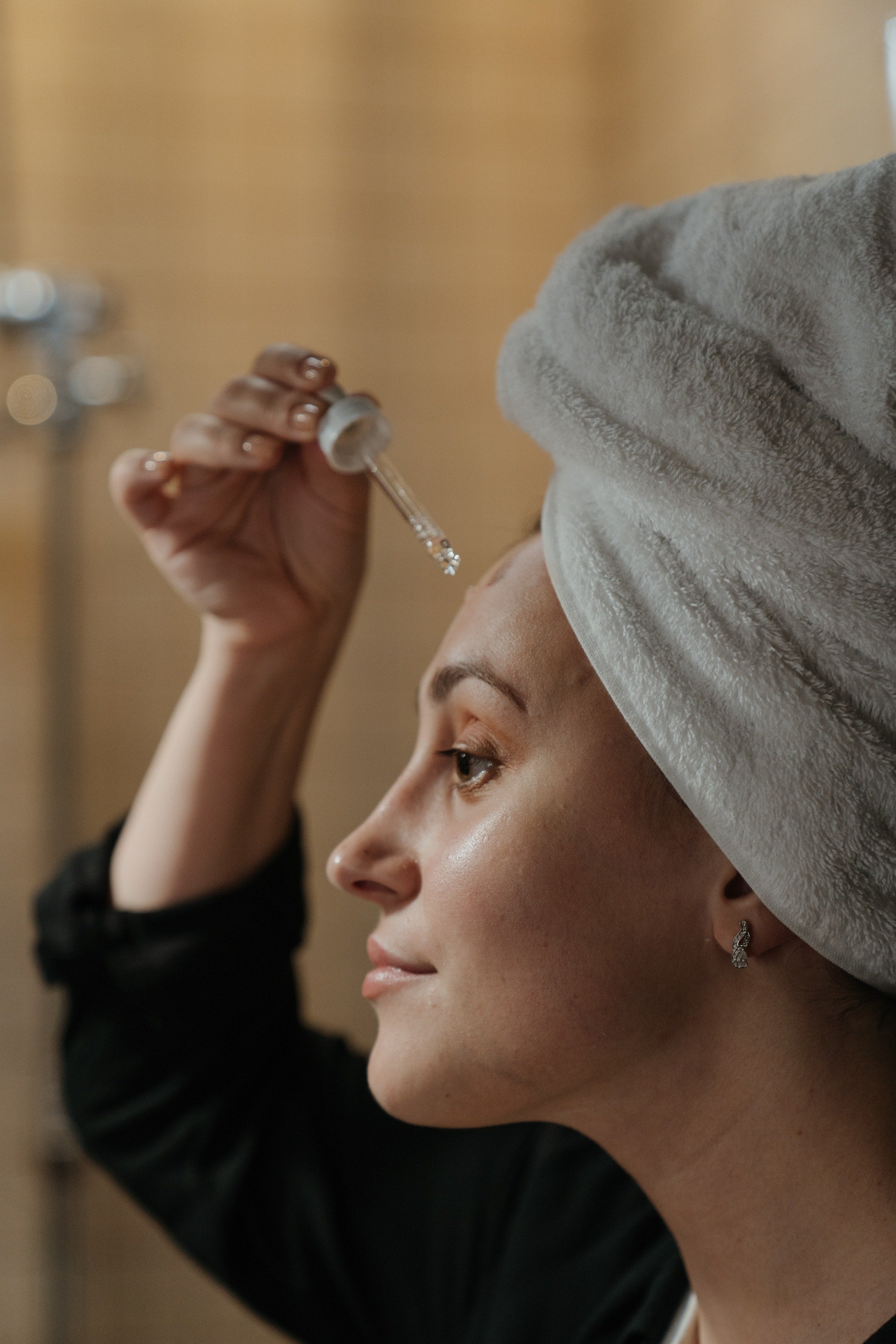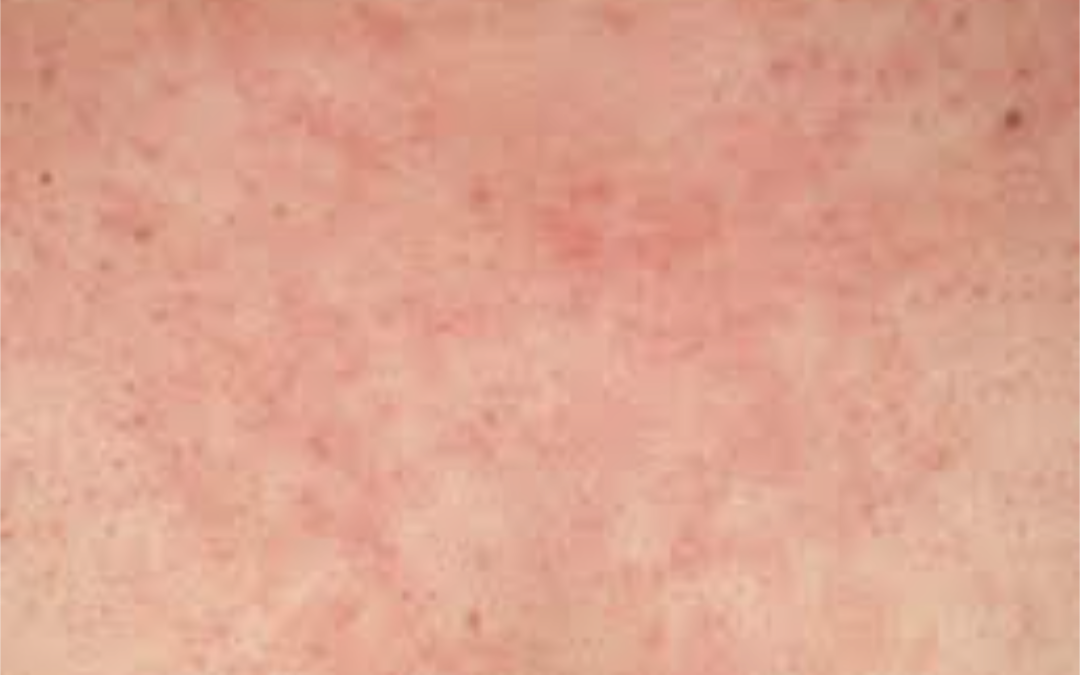
Serum Vs. Oil
Serum and oil are often placed under the same classification. Perhaps, this is due to the popular misconception that serum is the same as oil or because they come mostly in bottles with shoppers.
Sometimes, serum and oil may have the same feel, but certain things differentiate both.
Serum
Serums are made with highly concentrated active ingredients and a thin, watery texture that allows them to penetrate the skin easily. Serums help to target certain skin problems including, acne, anti-aging, and dull skin.
Oil
Oils, on the other hand, have additional beneficial ingredients. Some also include fragrances and fillers but buying such oils is not advisable. Oil is naturally heavy and thick due to its base.
Difference Between Serums and Oils
Comparing the two products shows that serums are plant water-based products that can penetrate the skin in concentrated form without reacting with other products, while oils do the opposite.
Serums are lightweight and come with many options depending on your condition or skincare problem.
A tip to help you find the right one?
For acne, go for serums that are infused with ingredients like willow bark extract and salicylic acid.
For hyperpigmentation, go for serums with ingredients like licorice root extract-improved products, vitamin C, mulberry, or bearberry.
If you want to address aging conditions, try a serum that contains glycolic acid, peptides, vitamin or Alpha Lipoic Acid.
Regardless of your condition or the serum you choose, ensure to add serum to your daily routine for quicker, more powerful, and longer-lasting effects.
Oils consist of a blend of nourishing, comforting, and balancing essential oils, natural extracts, and botanicals that work together to provide your skin with a soft texture and radiant glow that other topical formulas can not offer.
How does oil achieve this? Oils are made from extracted natural oils from seeds and plants in addition to lipid-soluble active ingredients like Vitamin C and E. Oils are thicker, which makes them beneficial to the surface of the skin and underneath the surface of the skin.
When to Apply Serum and Oil
When applying skincare products, the general rule is that lighter products (based on formulation) should
Serum Vs. Oil - Who Should Use Them? When used consistently, serums can work for all skin types. They are very effective for sensitive, oily, mature and dehydrated skins. They offer antioxidant protection to the skin, can be used underneath lotions, creams and oils and are easy to include in your daily routine. Also, Oils work for all skin types, they are a must for dry, mature, and unbalanced skin types due to their more natural and richer formula. Oily skins can also enjoy the sebum-reducing effect that oils provide, and dull skins can enjoy a radiance boost from oils. The good thing about using oil is that you get results even when you do not use it daily.



Leave a comment
This site is protected by hCaptcha and the hCaptcha Privacy Policy and Terms of Service apply.